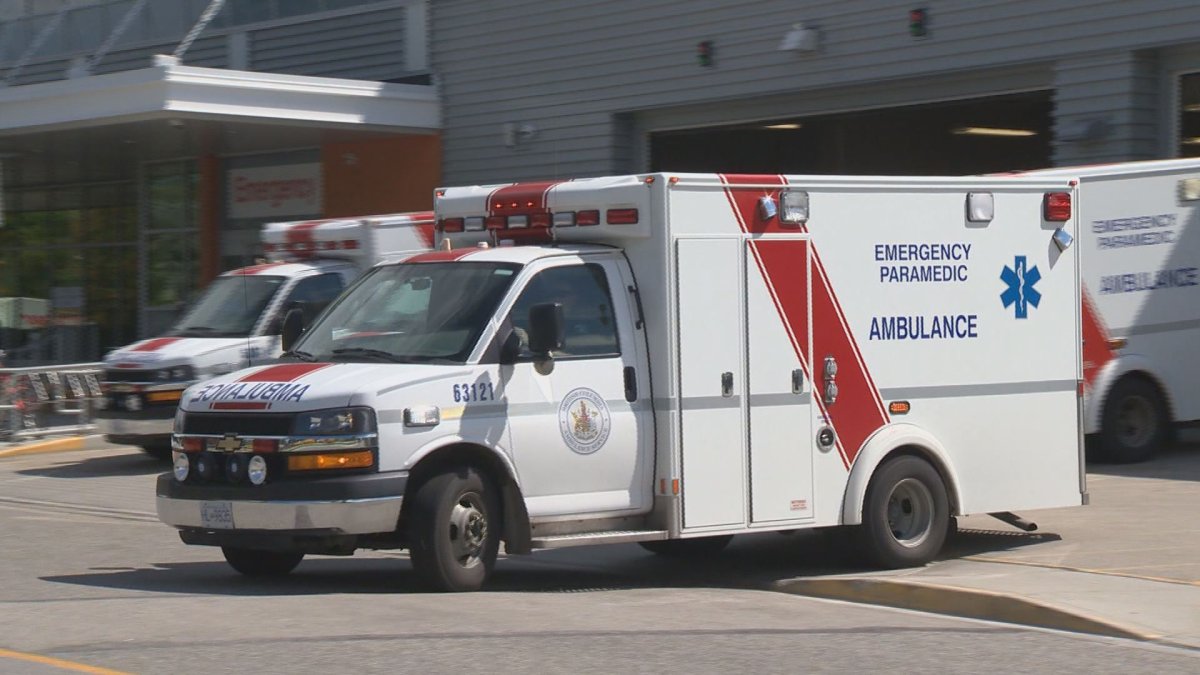Provincial officials released a torrent of disturbing numbers on Wednesday regarding B.C.’s ongoing opioid crisis, including how many people died from illicit drugs or drug overdoses in 2021.

Across B.C., there were 2,224 suspected overdose deaths last year, including 210 in November and 215 in December.
Those 2,224 deaths represent a 26-per cent increase from 2020, when 1,767 suspected drug-related deaths occurred.
“Since the public health emergency into substance-related harms was first declared in April 2016, more than 8,800 British Columbians have been lost to toxic drugs,” the ministry of health said on Wednesday.
“Toxicological testing once again underscores the reality that the illicit drug supply continues to be unstable and increasingly toxic. Fentanyl was detected in 83% of samples tested in 2021.
“Carfentanil was present in 187 results, almost triple the number recorded in 2020 (66).”
In 2021, Kelowna had 73 deaths — up from 61 in 2020 and 34 from 2019. A decade ago, in 2011, Kelowna had 14 deaths.
Kamloops had the most deaths in the region with 77, up from 60 in 2020 and 26 in 2019.

Throughout Interior Health, there were 371 illicit drug deaths in 2021, up from 288 in 2020 and 140 in 2019. In 2011, there were 38 recorded deaths.

Get daily National news
Of those 371 deaths, 172 were in the Okanagan, with 148 in the Thompson-Cariboo, 29 in Kootenay Boundary and 22 in East Kootenay.
Also among the data: An ongoing graph showing how the Interior Health region compares to lives saved at overdose prevention sites or supervised consumption sites.
According to the B.C. Centre for Disease Control, 14 lives were saved last year in the Interior region. Leading the way: Vancouver Coastal at 254, followed by Fraser Health at 145, then Vancouver Island at 47. Last was Northern Health at seven.

Overall, 467 lives were saved last year in B.C., with Interior Health accounting for three per cent, though the region — with around 800,000 people — accounts for 16 per cent of B.C.’s population.
Provincial data also showed that the Interior Health region had 755 visits to overdose prevention sites and supervised consumption sites last year.
Across B.C., there were 51,453 visits, with the largest (35,478) happening in Vancouver Coastal.
Within Interior Health, there are six overdose prevention sites and two supervised consumption sites within the region.
In an email to Global News, Interior Health said it operates a supervised consumption site in Kelowna, a mobile service in Kamloops and an overdose prevention site in Vernon. It also said there are overdose prevention services operated by community services in Nelson and Penticton.
Interior Health said the Kelowna site had 26,490 visits last year, including 5,690 consumption visits. The site also managed 36 overdose events.
In Kamloops, there were 4,787 visits, including 424 consumption visits. The site also managed 37 overdose events.
In Vernon, there were 4,305 visits last year, including 729 consumption visits. The site also managed 49 overdose events.
Notably, Interior Health said there were no overdose deaths at any of those sites.

In a joint statement, provincial health officer Dr. Bonnie Henry and B.C.’s minister of mental health and addictions, Sheila Malcolmson, said more must be done to combat the crisis.
“It is beyond devastating that we lost 2,224 people; our brothers, sisters, children, parents, neighbours and friends to toxic drugs. No words can soften these losses,” they said.
“The number of people who died from the toxic drug supply last year is unacceptable and we must do more to prevent this tragic loss of life.”
They continued, saying, “we must reduce the fear and shame that leads so many to hide their drug use, avoid services and use deadly drugs alone. Addiction is not a choice, it’s a health condition.
“That’s why we continue to push Health Canada to approve our exemption so we can implement decriminalization of people who use drugs throughout B.C. This is a vital step to overcoming the stigma and shame associated with using drugs and helping to connect people with the supports they need.”





Comments